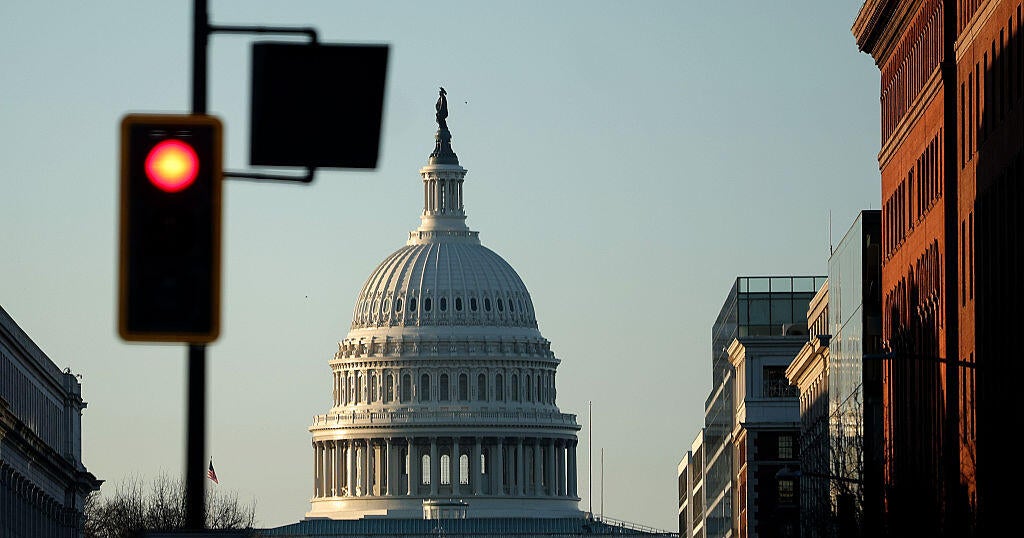U.S. Sen. Bob Casey's bill to protect pregnant workers finally passes Congress
PITTSBURGH (KDKA) — Many women work while pregnant almost up to the last possible day, but how accommodating are their bosses?
As KDKA-TV political editor Jon Delano reports, U.S. Sen. Bob Casey has just gotten Congress to approve a bill to protect pregnant workers.
Point Park University graduate Amy Lilly Raffaele continued to work during her two pregnancies, an economic necessity for many women.
"I would say a majority do have to work during pregnancy and probably all the way up to 35, 36 weeks," says Raffaele.
Pregnant women often need special accommodations while on the job, says Casey, which is why he has tried to get Congress to pass his Pregnant Workers Fairness Act for 10 years.
"There are some basic accommodations like water bottles, stools, or bathroom breaks that women should have the benefit of when pregnant," says Casey.
Under Casey's bill, employers with 15 or more employees must provide reasonable accommodations to pregnant women so they can continue to work.
Raffaele, who gave birth to her second child just three weeks ago, says, "I think that is super beneficial because I think every individual woman has different personal needs, and I think that that, in the long run, is going to help women who maybe stopped working after the first trimester to be able to continue on."
Says Casey, "Simple in its purpose but getting to this point has been difficult even though we had good bipartisan support."
This week, 73 senators voted to add Casey's bill to the omnibus bill, which President Joe Biden will sign when it reaches his desk.
While many employers already accommodate their pregnant employees, this will make it the law.







